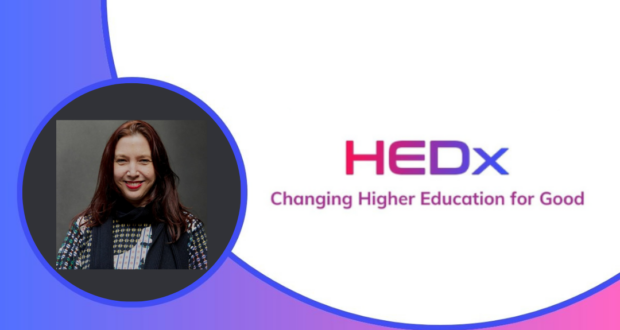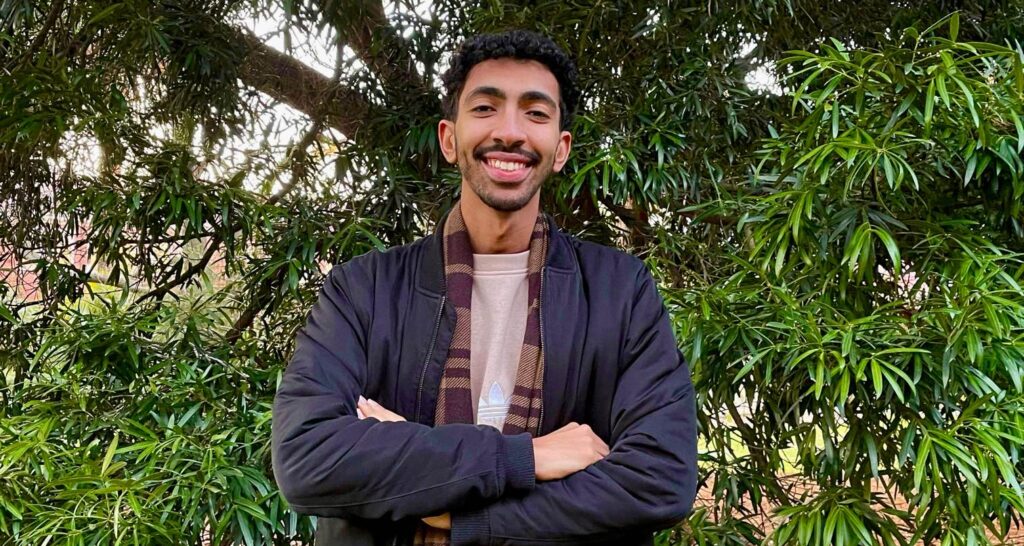I grew up thinking universities were magical places.
My mum was an academic and a hugely passionate one. Consequently, I spent most of my holidays, many evenings, and countless weekends perched beside her at her desk at the Queensland University of Technology Gardens Point campus.
Like any child of a shopkeeper or restauranteur, I spent holidays, weekends and evenings either helping in the family business or doing homework at the corner table. Our family business was academia.
My parents grew up in rural western Queensland, and are the first in their families to attend university. It was a slog for them to get there, and a slog for them to complete their degrees. But both did. They met each other during their years at the University of Queensland, and supported each other to complete their undergraduate and postgraduate qualifications, so they could each go on to build solid careers.
They’ve been divorced for 20 years, so it’s not an idyllic romantic tale. But, it is a love story about university. University was the making of both of their lives. It let them dream bigger and opened doors. For my dad, it was his ticket off the land. For my mum, it was her everything.
My mum’s profound appreciation for the transformative impact that university education had on her life led her into academia. This also meant that in her work as an academic, she was deeply committed to helping others have the kind of transformational university experience she’d had.
During my early years and into young adulthood, I would’ve met close to 100 students and colleagues my mum championed and for whom university unequivocally changed their lives. Higher education pulled them out of difficult circumstances and gave them social mobility, cultural capital, diverse connections, and opportunities that wouldn't have been available to them if they had not undertaken higher education.
This is why I thought universities were so magical. I saw first hand how life changing and truly transformative they could be.
I understood that accessing university was more challenging for some people. Still, I believed, for a long time, well into my university career, that once the barriers to access were removed, then the transformation could begin. I didn’t understand that for many people, opening the door to university is just the first barrier, and there are multiple other hurdles from there.
It won’t surprise you to learn that, to date, most of my career has been in universities. I worked for over 10 years in professional staff roles – positions focused on student support, international development, engagement, and events. I then into the academic space for several years as a casual research assistant and tutor.
Looking back now, I am deeply embarrassed at my naiveté and my blinkered, privileged perspective. I always existed in university culture, and tertiary study was just a given, natural next step in my life. I could live at home, work casually and study whatever I was interested in. For many of the early years of my career, even while working directly with students, I still knew very little about the complex, intersectional barriers people face in seeking the educational opportunities that were so readily available to me.
This doesn’t mean that studying at university was easy for me. It was just hard in the right way.
University is meant to be challenging. The content should stretch and provoke minds, expand knowledge, skills, and abilities. University often involves long hours, an annoying commute, and juggling study and work. But these are ‘normal’ challenges – the difficulty and complexity everyone faces when pursuing higher education.
This is not the inequity and systemic exclusion that equity groups - Indigenous Australians, people from low socioeconomic backgrounds, and people living with disabilities - face, that is intersectional inequity and systemic exclusion.
Universities are aware of inequity and exclusion. Most have substantial equity, diversity, and inclusion policies and committees. Many develop research on migration, social cohesion, economic participation, diversity, and inclusion. And most universities would argue that they exist for the public good.
However, students, staff, and communities from equity groups are not seeing changes from these policies, nor the beneficiaries of this research. They are still struggling to overcome barriers that go further than juggling a casual job and an annoying commute.
Paraphrasing Sally Patfield’s excellent article in The Conversation – access to higher education study is vital, the growing parity of equity groups numbers is ambitious, and developing policies and programs to connect with those equity groups is essential. Those connections might even open the door to a few more prospective students from underrepresented groups. Still, more policies and programs will have little to no impact on equity if the sector is not listening and responding to the needs of these cohorts. It's time to take appropriate action to remove barriers, address inequity, and change the university system.
I will further discuss this at HEDx's ‘Changing Higher Education for Good’ conference in Melbourne on Thursday, alongside my colleague, former University of Melbourne People of Colour Committee officer Mohamed Omer. We are appearing on a panel called ‘Accelerating in our pursuit of social justice and equity’ with several other excellent speakers, thinkers, and innovators who advocate for access and equity across different spaces.
Mohamed and I will speak on issues of systemic racism and exclusion that culturally diverse people (including international students) experience in university education; whether that be accessing uni, balancing studying or seeking post- study support and opportunities.
As universities and the broader higher education sector explore the recommendations of the inclusion-focused Australian Universities Accord, Welcoming Universities recommends that a culture of welcoming all students and cultivating a sense of belonging for disadvantaged cohorts is placed at the centre of all Accord reform efforts.
Welcoming opens the door, invites students in, and helps them overcome hurdles. Belonging is the next step. Belonging ensures that everyone “feels valued, connected and able to be their authentic self”1.
Through extensive consultation with students and communities facing barriers to accessing, completing, and working in university education, the Welcoming Universities network offers actionable ideas, approaches, and measures of success that puts inclusion at the centre of universities.
My hope is that conversations like the one happening at HEDx next week, along with the work of Welcoming Universities, along with other equity work such as the disability-advocating Universities Enable initiative, will restore the magical possibility of universities I saw as a young person.
I truly believe that university and higher education can be even more transformative if people from all backgrounds and communities are welcomed and allowed to belong.
Cate Gilpin is the coordinator of Welcoming Universities, an organisation that advocates for an inclusive culture in tertiary education where every student is made to feel like they belong. Several universities, including Charles Darwin University, the University of Melbourne, UNSW, the University of Wollongong (UOW) and Western Sydney University have signed up to participate in Welcoming Universities initiatives.
Do you have an idea for a story?Email [email protected]
 Campus Review The latest in higher education news
Campus Review The latest in higher education news


